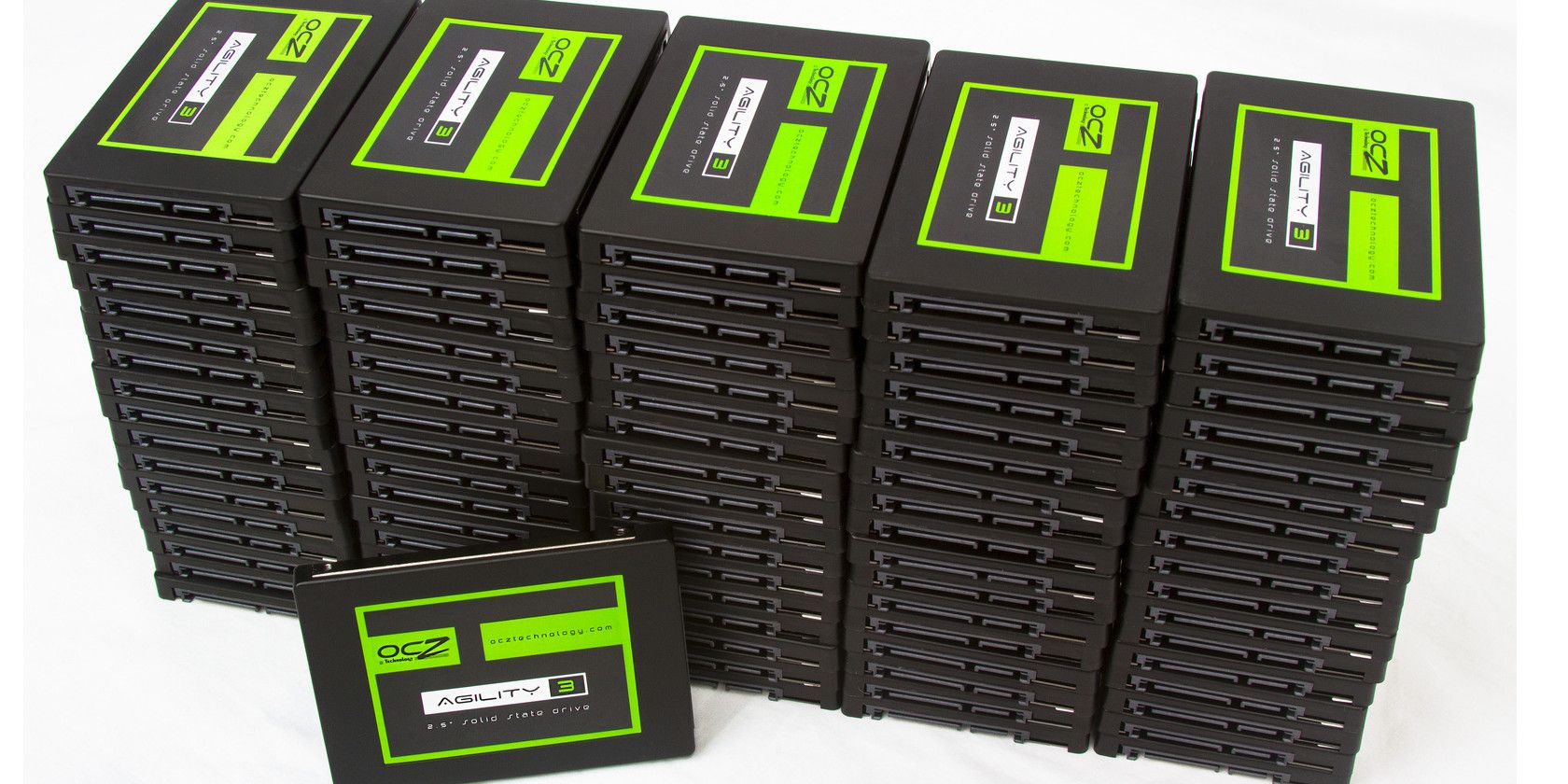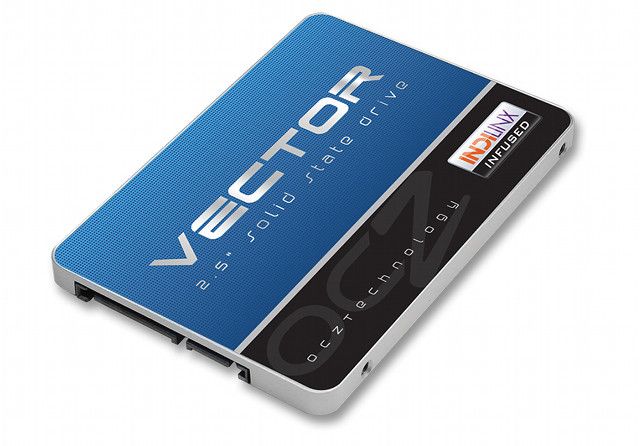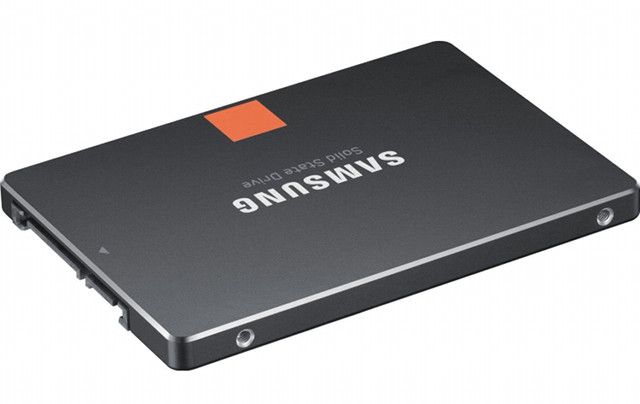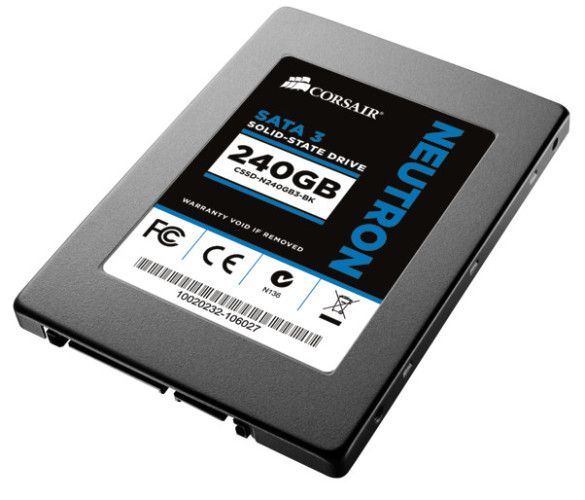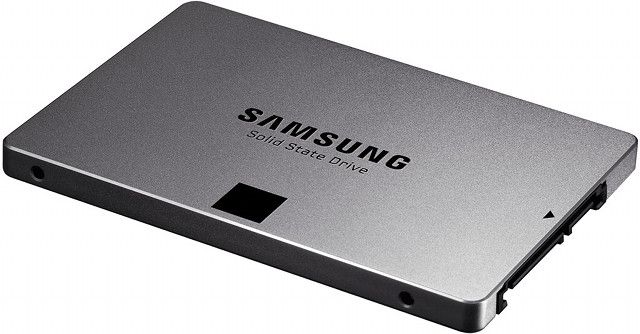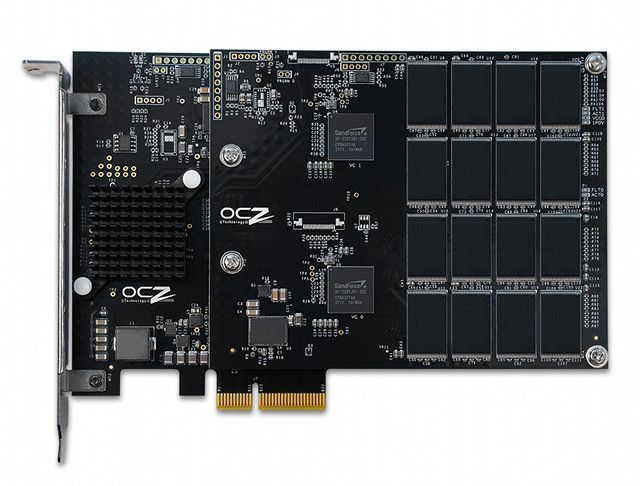Solid state drives have come a long way over the last few years. Once considered a luxury item only for geeks with fat wallets, drives can now be purchased for a couple hundred bucks; expensive, sure, but not unobtainable. Performance has improved, too, with today's best drives besting those sold a few years ago by 50% or more.
While prices may continue to trend downwards, it appears the fall has slowed. So this is a great time to pick up your first (or second, or third) SSD. The question is; which one?
OCZ Vector Series
Do you want an incredibly fastest 2.5-inch solid state drive at a low price? Well, here's your pick. Stated transfer speeds for the 128GB drive are up to 550 MB/s for sequential read and 400 MB/s for sequential write, and the OCZ Vector has proven itself capable of beating or tying all contenders except, on some occasions in some benchmarks, the Samsung 840 Pro.
And to make the deal sweater, you can pick up a 128GB model for as little as $120 ($90 from Newegg, refurbished) or a 240GB model for $220 ($170 from Newegg, 256GB, refurbished). This leads to a cost of 93 cents per gigabyte and 92 cents per gigabyte, respectively. There are much cheaper drives, but the Vector's price is great given its speed.
You may wonder, then, why you'd buy anything else. Reliability is the answer. OCZ's Vector drives are built with storage controller called Barefoot 3, and it hasn't shown itself to be trustworthy. More than a few customers have reported drive failures leading to data loss. The Vector is certainly worth consideration by anyone who cares about performance, but make sure you backup your drive!
Samsung 840 Pro
Samsung appeared out of nowhere several years ago to become a giant in the consumer SSD space, overtaking competitors like Intel with its popular 830 series. The 840 Pro continues the company's assault; this drive is fast, reliable and doesn't cost a fortune.
We're talking $130 for a 128GB drive or $220 for a 256GB drive, which works out to about $1 and $0.86 per gigabyte, respectively. Stated specifications aren't as impressive as the Vector, as the 128GB model's quotes a rate up to 530 MB/s sequential read and 390 MB/s sequential write, a bit behind the challenger from OCZ.
The 840 Pro has excellent customer reviews, however, indicating that it rarely fails. While a backup is still important, this drive's reliability means you probably won't have to deal with the hassle of recovery. Overall, the 840 Pro is a great drive, and our default recommendation to readers who want maximum performance along with rock-solid reliability.
Corsair Neutron
The Neutron, which uses a LAMD LM87800 controller, is Corsair's mid-range solid stated drive. Since it's not the premium model, pricing is reasonable; about $130 for the 120GB drive [Broken URL Removed] or a very low $230 for the 240GB drive. Both drives offer roughly $1 per gigabyte.
To achieve a low price, Corsair has sacrificed sequential write speeds, which are stated at just 211 MB/s. Reads are still extremely quick, though, quoted at 540 MB/s. This means that the Neutron is much quicker when retrieving data than when writing it, and since most work requires more read than write, it's not a bad trade-off to make. Reviews largely reinforce what the specifications indicate, though the Neutron's write performance fairs better than the numbers on the box indicate.
Make no mistake; this is not the fastest drive you can buy. In typical day-to-day use, however, you probably won't notice the difference, and the 240GB model serves up a lot of storage for the price. This is a good choice for users who want to leap to an SSD, and desire great performance, but also must respect their budget.
Samsung 840 EVO
When Samsung released the then-new 840 series in 2012, it produce the standard 840 and the faster Pro, which we already have talked about. Since then, the company has also unleashed the 840 EVO, a newer budget SSD with a faster controller and efficient 19 nano-meter memory.
On paper, the result is nothing short of amazing. The 120GB version of the EVO can be had for around $90, or 75 cents per gigabyte, and the larger 250GB model is just $175 [Broken URL Removed], which works out to a mere 70 cents per gigabyte. Yet quoted performance is high; the 120GB model promise sequential reads of 540 MB/s and sequential writes of 410 MB/s.
In reality the EVO is not as quick as the Samsung 840 Pro, but it does beat the original 840 and most other budget SSDs on the market. This is an excellent pick for readers who want a nice balance between price and performance.
OCZ RevoDrive 3 X 2
All of the drives listed so far are fast, but there is one drive that puts them all to shame; the OCZ RevoDrive 3 X 2.
Unlike the rest of the drives, which use a SATA interface, the RevoDrive connects via PCI-Express. This means it can deliver much faster transfer speeds, with official figures claiming up to 1500 MB/s read, 1225 MB/s write. Yes, that's correct; it is, on paper, almost three times quicker than the Vector.
Does that translate to a real-world experience that's three times better? Reviews say the answer is a definitive no, particularly in everyday tasks like installing programs or copying files. However, in extreme random read/write patterns, and sustained high-speed transfers, the RevoDrive can indeed put the SATA competition to shame.
The price you pay for such extreme transfer speeds is, well, pricey. The 240GB model, the smallest available, retails for about $900. Sales are frequent, so you may snag it for $700 or $800, but you're still looking at over three dollars per gigabyte in a best-case scenario. Though insanely quick, this drive is for power users only.
Conclusion
While all of these drives are worthy competitors, the Samsung drives stand out among them. At the high end you have the 840 Pro, which is among the quickest drives in production, yet also incredible reliable. And in the mid-range you have the EVO, which is reasonably fast and also among the most affordable drives on the market. Both models are enthusiast favorites, and the best place to start if you're not sure what to buy.
What solid state drive would you buy if it were your money - or, what do you have in your system? Let us know in the comments.
Image Credit: UWW Resnet/Flickr

